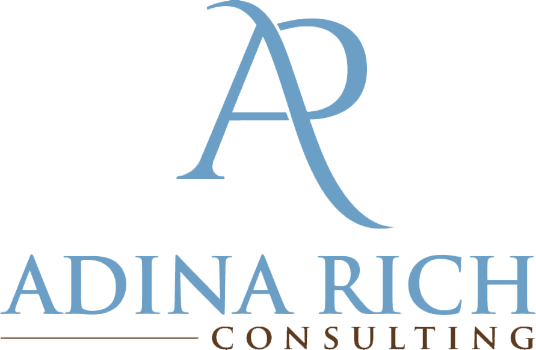Labels
Tuesday, June 02, 2015 | By: Adina Rich
Is it REALLY necessary to give my child a special label?
When you become concerned about your child’s development, there are various tests and checklists that can help one determine a specific problem with a child’s functioning. Many times, these tests lead to a categorical eligibility, DSM -IV eligibility, or a medical label.
People often ask me whether these labels are necessary. My answer is always, “It depends.” Many times labels are a means by which a district, doctor, or agency can assist a parent in getting services for the child. Many insurance companies and state funded entities rely on these labels in order to justify services which in any other case may be deemed too costly or medically unnecessary.
However, parents need to examine carefully the reasons they are seeking to label their child. Labels, once assigned, are not easily removed, and sometimes not always understood, or mean different things to different people. (i.e. autism -PDD, speech impaired). Many times, children have to be subjected to more testing such as EEG, MRI, or genetic blood work in order to confirm the diagnosis.
Try to find other parents who can advise or assist you or who have walked the path before. Take time to process through the ramifications of the label and disability. It is very difficult to give up the dream of the perfect child. Look at this, though, as an opportunity to connect with your child on a special level. Be prepared to share differences with siblings, grandparents and caretakers.
Further, parents are often not prepared for what seems like an endless wait or the maze of phone calls and paperwork in order to access services. With the age of the internet, it is easier than ever to research various methodologies and modalities of treatment. Research based practices are only a “google” away. Be open-minded. Don’t discount anything until you are sure that it will not work for your child. Prepare a list of questions that you want to ask your clinician, doctor, school district, or agency. Look at different programs. Find out the cost, benefits, and disadvantages of each.
Parents also ask if services are appropriate for their child. Once again, I do not always have a crystal ball. Yes, most of the time, the school district or agency representatives are highly trained and knowledgeable professionals. They seek to do what is educationally best for your child. However, you know your child. If the agency’s recommendation or evaluation does not seem to be representative of your child as you know him/her, it is your responsibility to speak up and ask for clarification regarding the program or model that the child will be placed in. You must be the advocate for your child! Sometimes parents may not want the services that the school or agency proposes, or may feel that the services will limit their child’s possibilities later on. Once again, do your homework. Find out if there are different programs or placements in your area or even in another part of the district. Ask to see the programs or speak with teachers and professionals involved in your child’s care. Be realistic in your expectations for the program, the progress of your child, and the overall prognosis that the label implies. This is not to say that you should impose limits on your child’s growth; just to be cognizant that change will probably take some time to occur and progress at times may be slower than you expected or wanted.
If the agency is reliable, they will be happy to accept you as a collaborator. Remember that it takes a village to raise a child, and it is likely that you will be working with this school and agency for a long time, so it is important that you build a collegial working relationship with them whenever possible. Try to be courteous, professional, and positive. The journey may be long at times, but don’t forget to notice how far your child has come.

